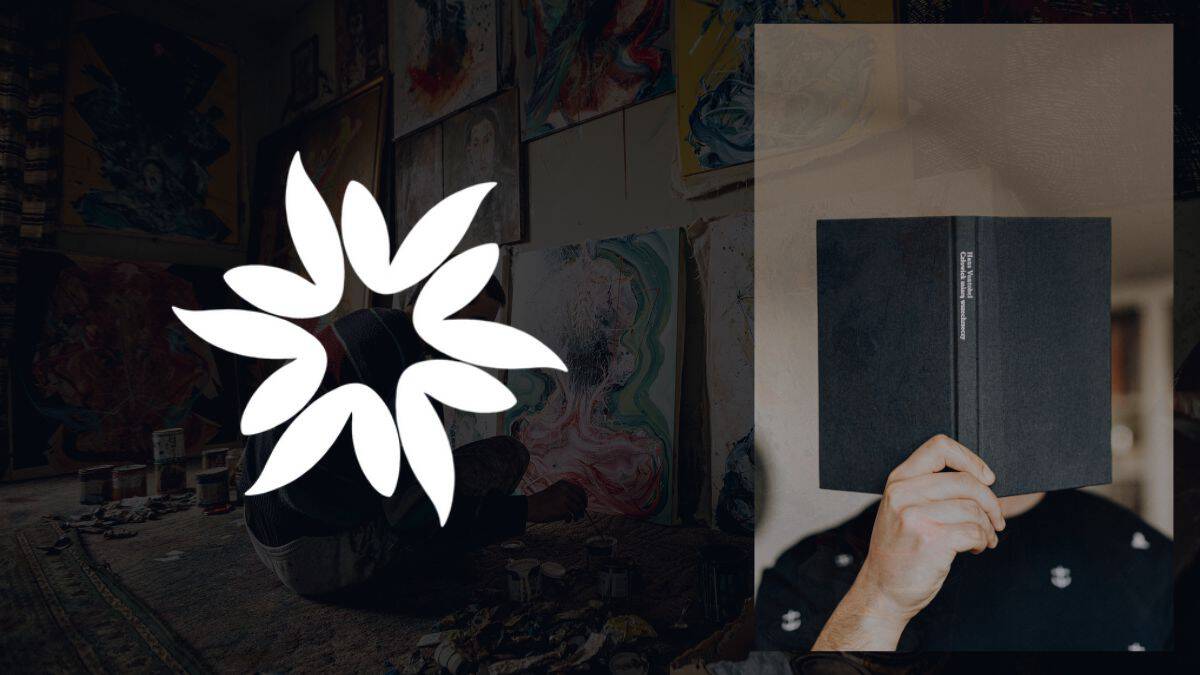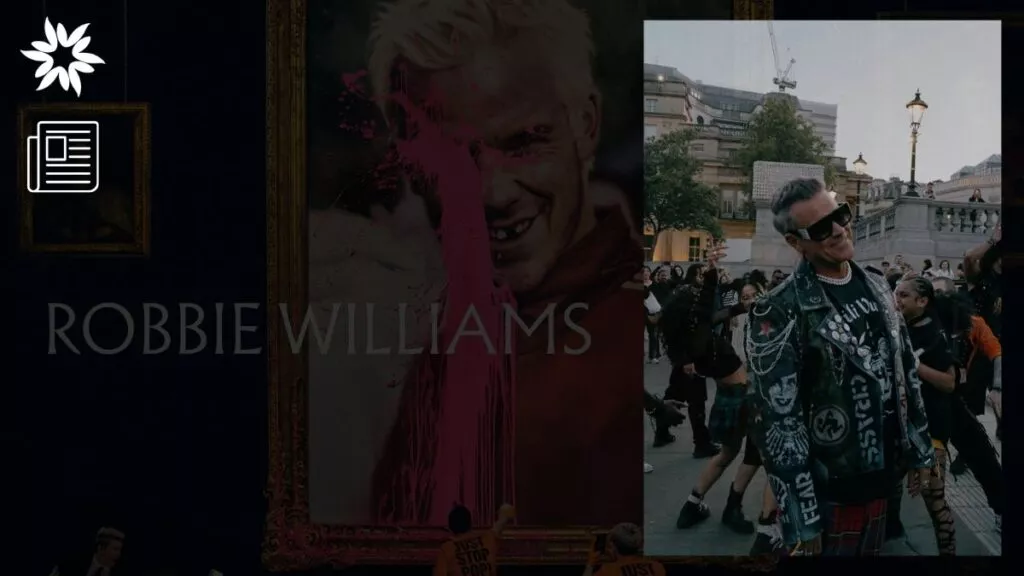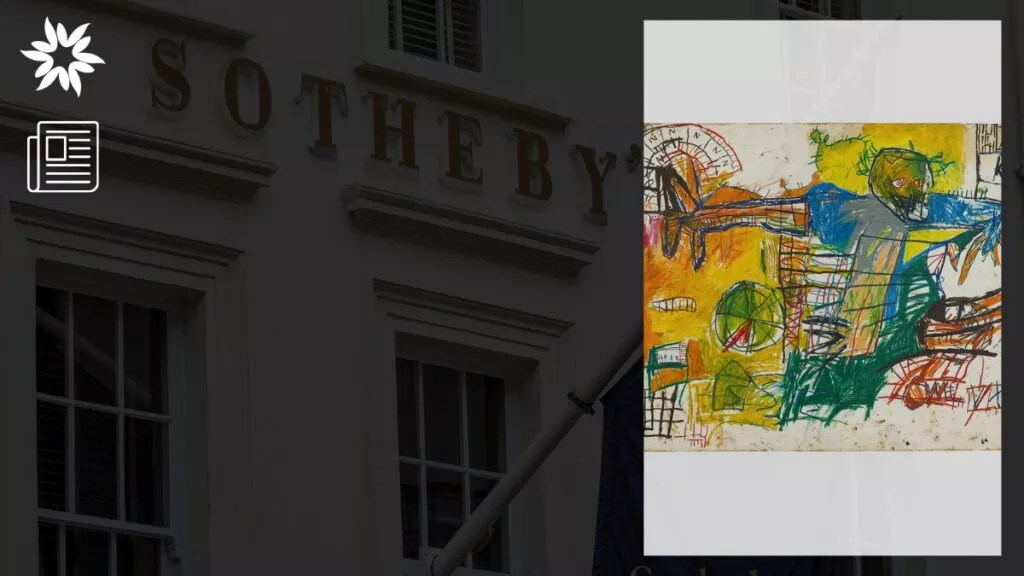Anonymity in art creates a unique relationship between the creator, their work, and the audience.
It allows artists to express themselves freely, without the constraints of the public and world’s expectations.
Key Takeaways
- Artists choose to remain anonymous to keep the focus on their work, allowing it to stand on its own merits without being overshadowed by personal fame.
- For many, anonymity protects against legal repercussions and societal backlash, offering a unique freedom to express controversial or politically charged messages.
- From historical engravings to modern street art, the allure of the unknown artist spans centuries, inviting speculation and admiration across generations.
Why Artists Choose Anonymity
Artists often hide their identities to protect their freedom and challenge societal expectations. By remaining anonymous, they dodge the constraints of fame and criticism, allowing their work to stand independently of their personal lives.
Banksy, a globally recognized street artist, famously said, “If you want to say something and have people listen, then you have to wear a mask. If you want to be honest, then you have to live a lie.”
This sentiment underscores the complex relationship between artists, their creations, and their audiences.
The Practicality and Legality of Anonymity
For many, especially in street art, anonymity is also a legal armor. It shields artists from prosecution for what might be considered vandalism by law, even as society celebrates their creations.
This dual reality reflects the ongoing debate over art’s place in public spaces and the rights of artists to share their vision freely.
Enigmatic Figures in the Art World
1. Banksy
Widely renowned for his provocative street art, Banksy’s true identity remains a mystery.
His works, often laced with political and social commentary, have appeared globally, sparking widespread interest and debate.
The anonymity allows Banksy to operate outside the boundaries of the traditional art world. As a result, he’s able to question societal norms and offer unfiltered commentary on pressing issues.
2. Daft Punk
The French electronic music duo, known for their hits and distinctive robot helmets, chose anonymity as a way to keep the focus on their music rather than their personas.
Over their career, this allowed them to experiment and evolve musically while maintaining a consistent identity that fans could connect with.
3. The Master of the Playing Cards
A figure shrouded in history, this artist is known for creating one of the earliest known sets of playing cards.
The anonymity adds to the intrigue surrounding these works, which display a mastery of engraving and a keen eye for detail across various subjects, from nature to fantastical creatures like dragons.
4. Dede
A street artist based in Tel Aviv, Dede uses public spaces to explore themes of personal and societal struggle.
Signature elements like the Band-Aid symbolize healing and resilience, while his choice to remain anonymous allows him to freely express ideas that might be censored in more conventional settings.
5. Alec Monopoly
Inspired by the board game character Mr. Monopoly, Alec Monopoly uses his art to critique corporate greed and economic inequality.
His anonymity serves to evade legal repercussions and focus attention on the issues his work addresses rather than on himself as an individual.
6. Philadelphia Wireman
Discovered by chance in a Philadelphia trash heap, the Philadelphia Wireman’s sculptures, made from wire and found objects, offer a poignant glimpse into the struggles of poverty.
The artist’s anonymity deepens the mystery and emphasizes the universal themes within the work.
7. Black Hand
Often referred to as “Iran’s Banksy,” Black Hand uses stencils to quickly create powerful images that critique societal issues.
Operating in a country where censorship is prevalent, anonymity is not only a stylistic choice but a necessity for safety.
8. The Master of the Furies
An artist whose existence was not confirmed until the 20th century, the Master of the Furies is known for intricate ivory carvings that convey intense emotion and movement.
The anonymity of this artist adds a layer of mystery to the already captivating works, many of which draw inspiration from ancient Greek art.
Celebrating the Impact of Anonymous Artists
Through their choice to remain anonymous, these artists challenge us to focus on the art and its messages rather than the creators’ identities.
Their works encourage viewers to engage with art more instinctually and emotionally, free from preconceptions about the artist’s background or intentions.
This focus on the art rather than the artist invites a universal connection and understanding, allowing the works to speak for themselves and reach audiences in unique and powerful ways.








